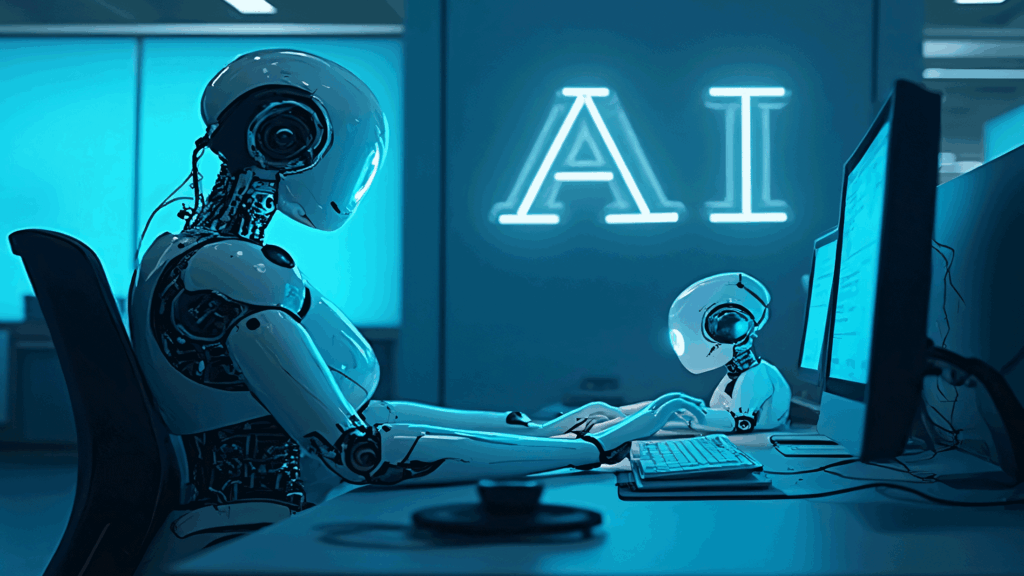
The rapid adoption of artificial intelligence (AI) by businesses worldwide is drawing parallels to the cloud technology boom of the last decade. However, a recent report highlights a critical gap: while AI usage is skyrocketing, many companies lack a clear understanding of its impact. According to research by Hostinger, nearly 80% of businesses are either using or planning to use AI, yet a separate study by the Adecco Group reveals that only 10% of C-suite executives feel their organizations are fully prepared for the disruptions AI could introduce.
With approximately 359 million companies globally, an estimated 280 million have incorporated AI into at least one business function. Despite this impressive uptake, the strategic groundwork necessary for successful AI integration is often missing. Leadership teams are struggling to align on AI priorities, resulting in fragmented and confused strategies. The report underscores that AI’s effectiveness is contingent on the quality of data supporting it, yet most companies lack robust data strategies.
The AI Adoption Boom: A Double-Edged Sword
The surge in AI adoption is not just a trend among large corporations. A growing number of small businesses are leveraging AI tools to streamline tasks such as email writing, data analysis, and content generation. While larger organizations may establish dedicated teams for AI implementation, smaller firms are innovating with leaner, sometimes improvised approaches. However, the gap between adoption and readiness remains a significant concern.
According to the Adecco report, 60% of business leaders expect their workforce to enhance their skills to keep pace with AI advancements. Yet, 34% of companies lack a formal AI policy. More than half of CEOs acknowledge that their teams struggle to align on AI priorities, and only one-third of businesses are investing in the data infrastructure needed to bridge these gaps.
Strategic Alignment and the Role of Enterprise Architecture
While many organizations rush to adopt AI, a small subset of “future-ready” companies are taking a more strategic approach. These businesses focus on continuous learning and leverage enterprise-wide insights to guide their AI initiatives. Denis Machuel, CEO of Adecco, emphasizes the importance of a human-centric approach to AI-driven transformation. “AI-driven transformation must be human-centric,” Machuel states.
Stendera, an expert in enterprise architecture, warns that without comprehensive organizational insight, AI projects risk becoming siloed and misaligned. “Enterprise Architecture can help focus AI initiatives on what truly sets a company apart,” he explains. By identifying unique strengths and workflows, companies can ensure their AI deployments reinforce strategic objectives rather than undermine them.
“Without enterprise-wide insight, AI efforts become siloed and misaligned. Enterprise Architecture can help focus AI initiatives on what truly sets a company apart.”
Looking Ahead: The Future of AI in Business
The move towards AI is not just about investment; it requires deep introspection. Companies must understand their specific needs from AI to harness its potential effectively. Without this understanding, AI could become a costly misstep rather than a transformative tool. As businesses continue to navigate this complex landscape, the emphasis will likely shift towards developing comprehensive data strategies and fostering a culture of continuous learning.
In conclusion, while the AI adoption rate is impressive, the journey towards strategic alignment and effective implementation is still in its early stages. As organizations strive to become “future-ready,” the focus will need to be on aligning AI initiatives with core business strategies and ensuring that data infrastructure supports these efforts. The next few years will be crucial in determining which companies can successfully leverage AI to gain a competitive edge.




